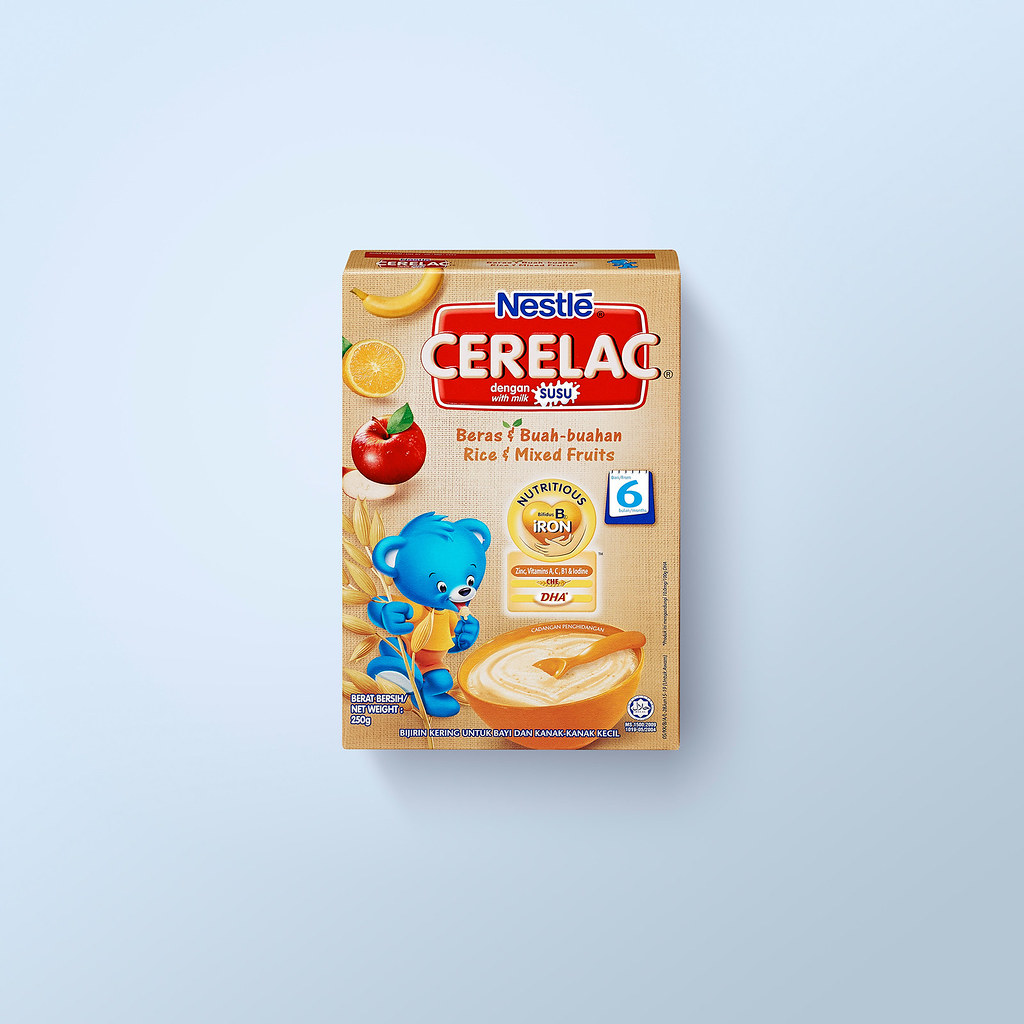Context:
Recently, a report by a Swiss NGO, Public Eye and International Baby Food Action Network (IBFAN) claimed that Nestle sells baby products with higher sugar content in poorer South Asian (including India), African and Latin American countries as compared to markets in Europe.
Key Finding of the Report
- The report claims that Nestle’s wheat-based product for six-month babies (Cerelac) contained 2.7 grams of added sugar per serving in India.
- However, the same product is sold without any added sugars in the UK and Germany.
- The highest sugar content was found to be 7.3 grams in samples from the Philippines, where the information was not even declared on the packaging.
Added Sugars and Natural Sugars
- Added sugars are sweeteners put in foods during processing (table sugar, corn syrup). They can lead to cavities, weight gain, and health issues.
- Natural sugars are found in fruits (fructose) and milk (lactose). With whole fruits, fiber slows sugar absorption and offers nutrients. However, juice can lack fiber and lead to a sugar spike.
- Breast milk and natural sugars in fruits and vegetables meet infants’ sugar needs for the first 24 months.
Health Concerns related to Added Sugar
- Added sugar is unnecessary for infants and toddlers.
- It can lead to dental problems, weight gain, and increased sugar cravings.
- So children become overweight and obese and would grow up to be so as adults, who are likely to develop diabetes, heart disease and other chronic illnesses.
- Just recently a Lancet study flagged obesity as a matter of growing concern, as 12.5 million children (7.3 million boys and 5.2 million girls) between five and 19 were found to be grossly overweight in 2022.
Indian Guidelines in this Regard
- They do not prescribe any upper limit for added sugars.
- The regulations allow the use of corn syrup and malt in cereal-based infant food.
- It also allows the use of sucrose and fructose as a carbohydrate source, provided they make up less than 20 per cent of the carbohydrates in the food.
Recommendations
- Doctors advise against added sugar in infant and toddler diets.
- Children under 2 should avoid foods and drinks with added sugars (according to US and UK guidelines)
- The WHO recommends limiting free sugars (added sugars and sugars in juices) for children to promote good health.
- Under 2: No free sugars at all. Breast milk and natural fruit sugars are sufficient.
- Ages 2-18: Less than 10% of daily calories from free sugars. Ideally, even lower (less than 5%).
Takeaways from the Nestle Study
- Opportunity to strengthen regulations and guidelines for infant formula.
- Lack of clear regulations in some regions allows companies to exploit loopholes.
- Local regulations, like those from FSSAI in India, lack specificity on sugar content.
- Parents should carefully read labels to identify added sugars in infant formula.

